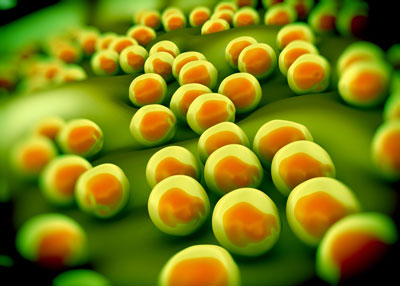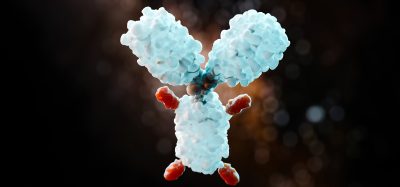Efficacy of iclaprim confirmed in independent laboratory study
Posted: 24 August 2015 | Victoria White
Motif Bio has announced the topline results of an independent report that show iclaprim is effective in vitro against a range of Gram-positive bacteria…


Motif Bio has announced the topline results of an independent report from JMI Laboratories that shows iclaprim is effective in vitro against a range of Gram-positive bacteria, including Staphylococcus aureus.
Staphylococcus aureus is one of the key causes of acute bacterial skin and skin structure infection (ABSSSI) and hospital-acquired bacterial pneumonia (HABP).
The recently completed laboratory study tested iclaprim against more than 2,000 bacterial strains, including 1,178 strains of Staphylococcus aureus collected in 2014 from patients in North America, Europe, Asia Pacific, and Latin America. Iclaprim was found to be 16 times more potent than trimethoprim, the only other antibacterial dihydrofolate reductase inhibitor (DHFRi) administered alone in today’s market.
Iclaprim is active against Staphylococcus aureus at very low concentrations
Reported minimum inhibitory concentrations (MICs) demonstrated that iclaprim is active against Staphylococcus aureus at very low concentrations. The MIC50, the minimum concentration of iclaprim required to kill 50% of tested bacteria, was 0.06 mcg/ml and the MIC90, the minimum concentration of iclaprim required to kill 90% of tested bacteria, was 0.12 mcg/ml. Comparing this to data for other antibiotics against the same 1,178 strains of Staphylococcus aureus, 1 mcg/ml of vancomycin and 1 mcg/ml of linezolid was required to meet the MIC50 and MIC90 levels. Against methicillin-resistant Staphylococcus aureus (MRSA), iclaprim was also highly active: the MIC50 was 0.06 mcg/ml and the MIC90 was 0.5 mcg/ml.
The tests were conducted according to Clinical and Laboratory Standards Institute (CLSI) methods. CLSI develops clinical laboratory testing standards based on input from and consensus among industry, government, and health care professionals around the world.
Dr David Huang, Chief Medical Officer at Motif, commented, “These encouraging new results confirm the Board’s confidence in developing iclaprim to treat ABSSSI and HABP. We believe that iclaprim will prove to be an important option for treating these life threatening infections where currently available treatments are not fully effective due to resistance or side effects.”
Related topics
Antibiotics
Related organisations
Motif Bio







